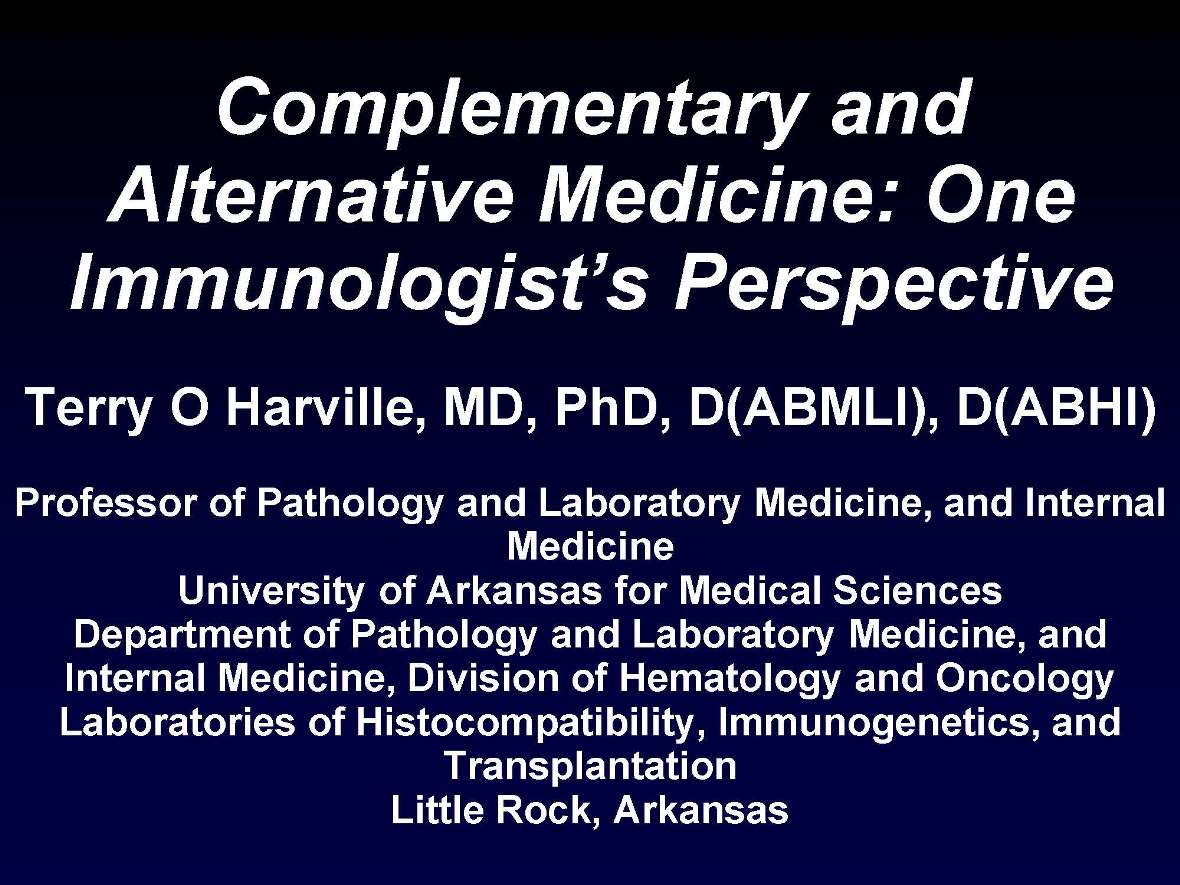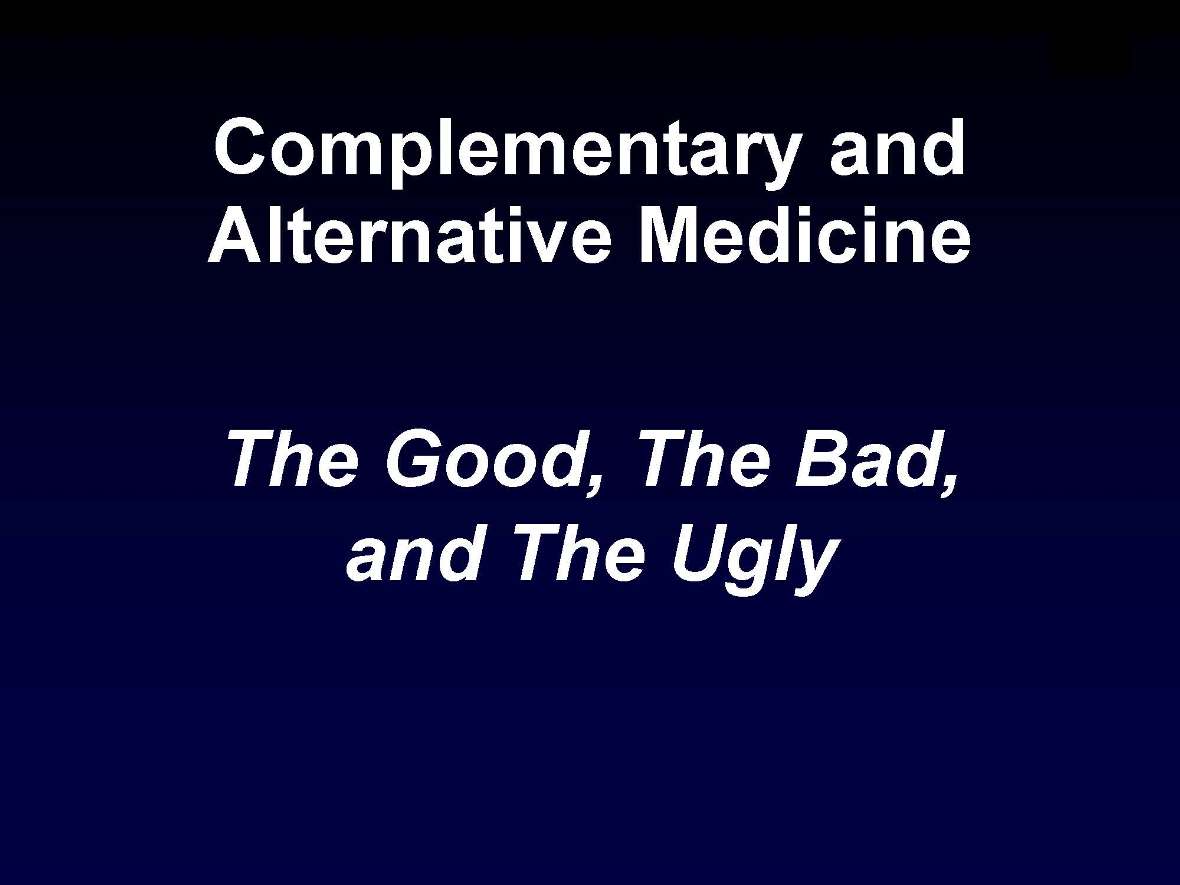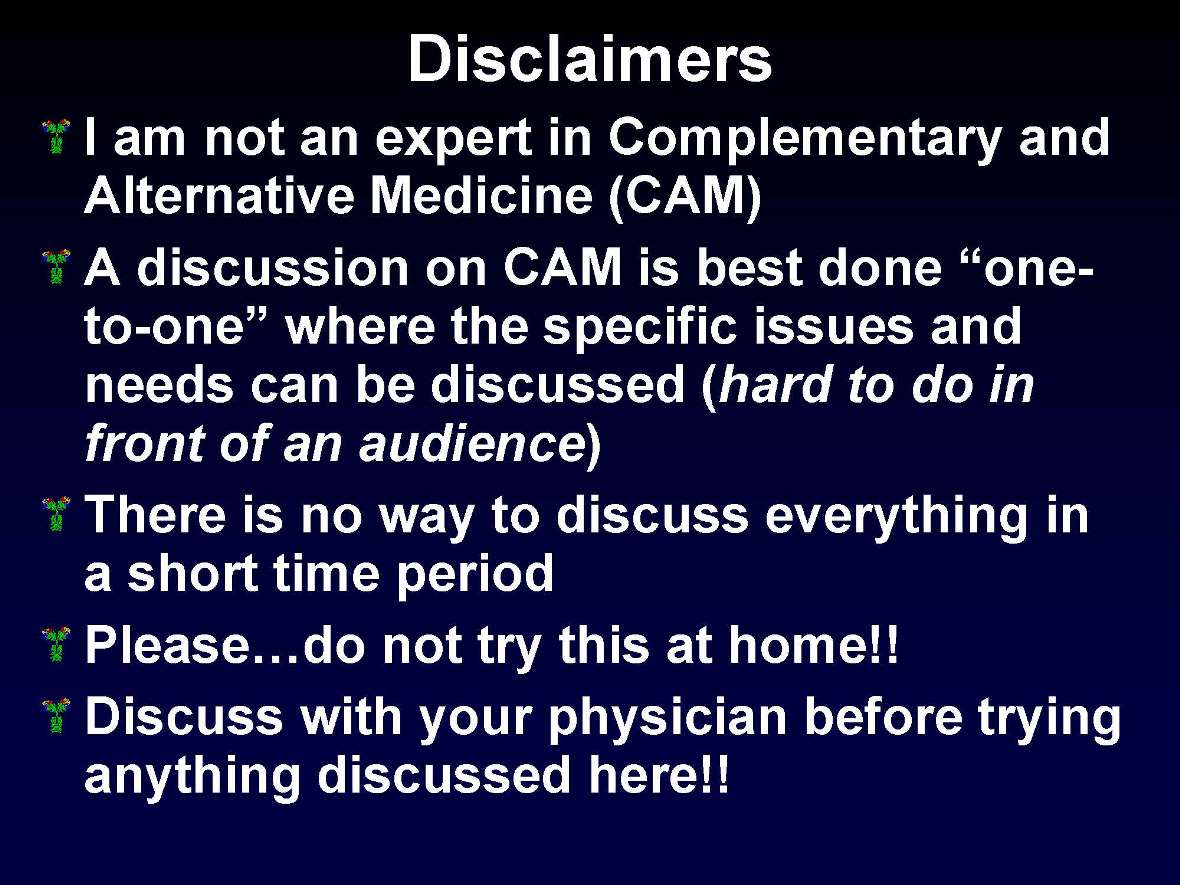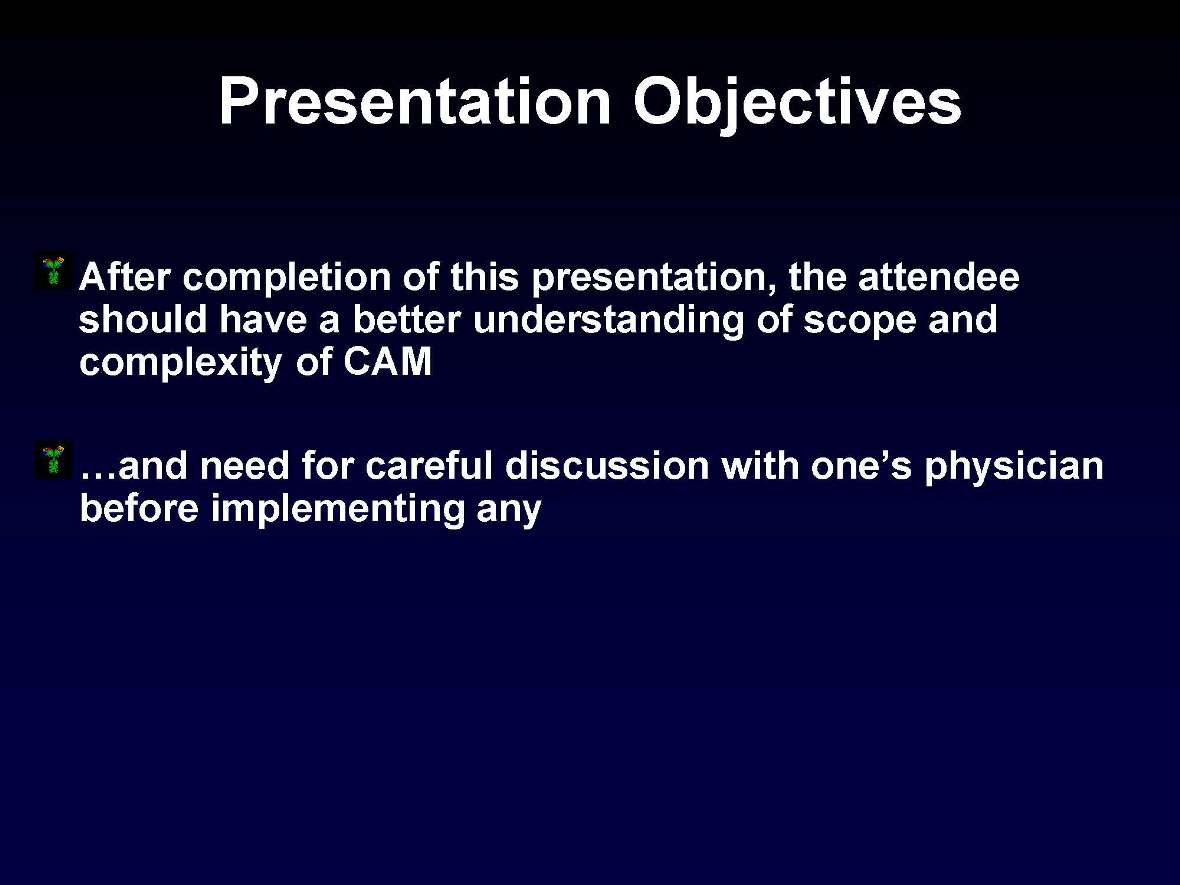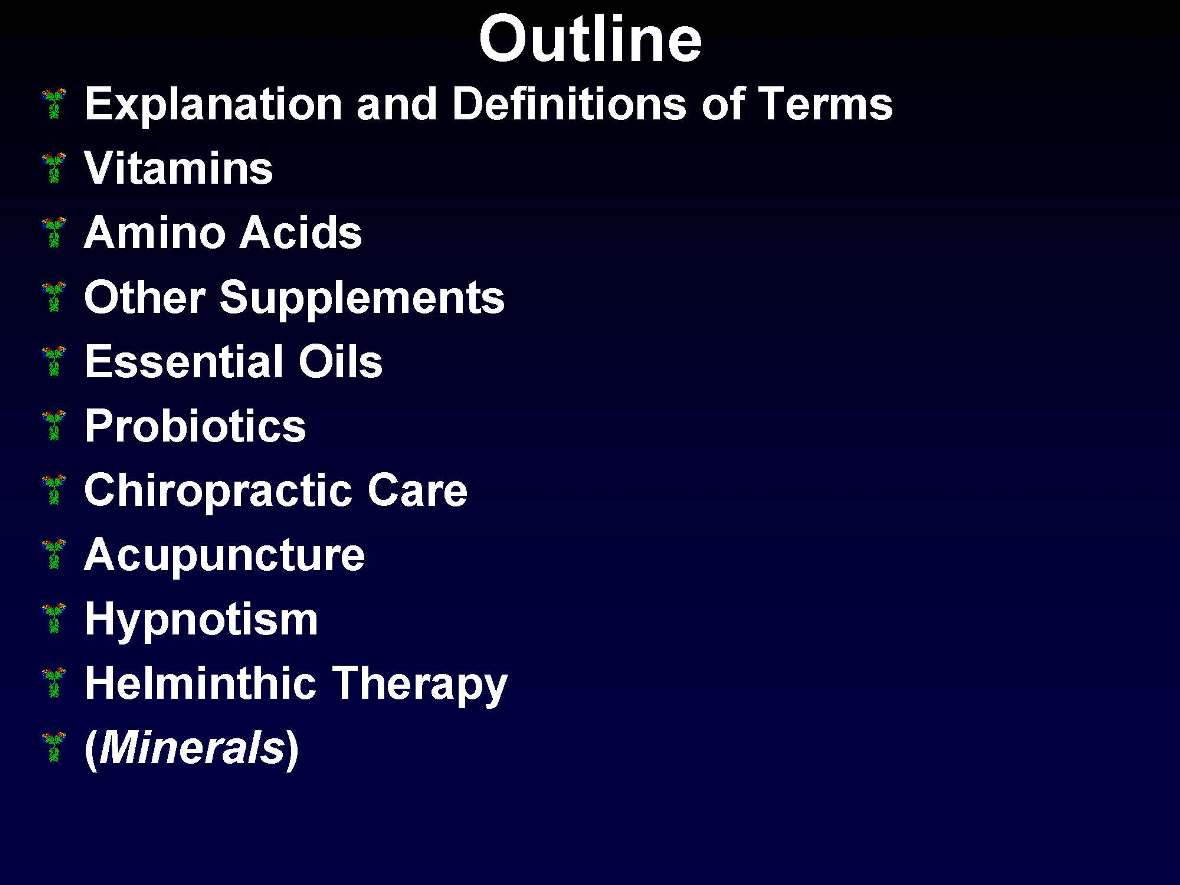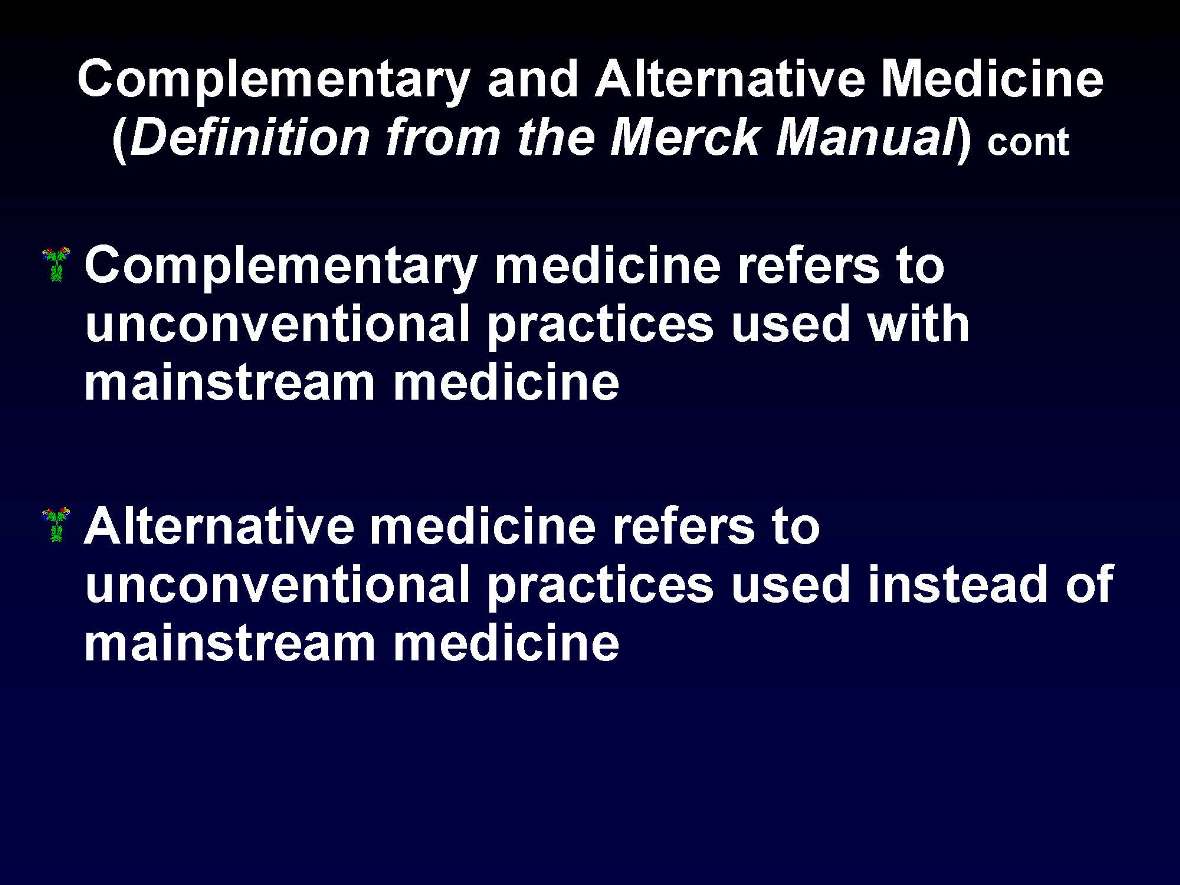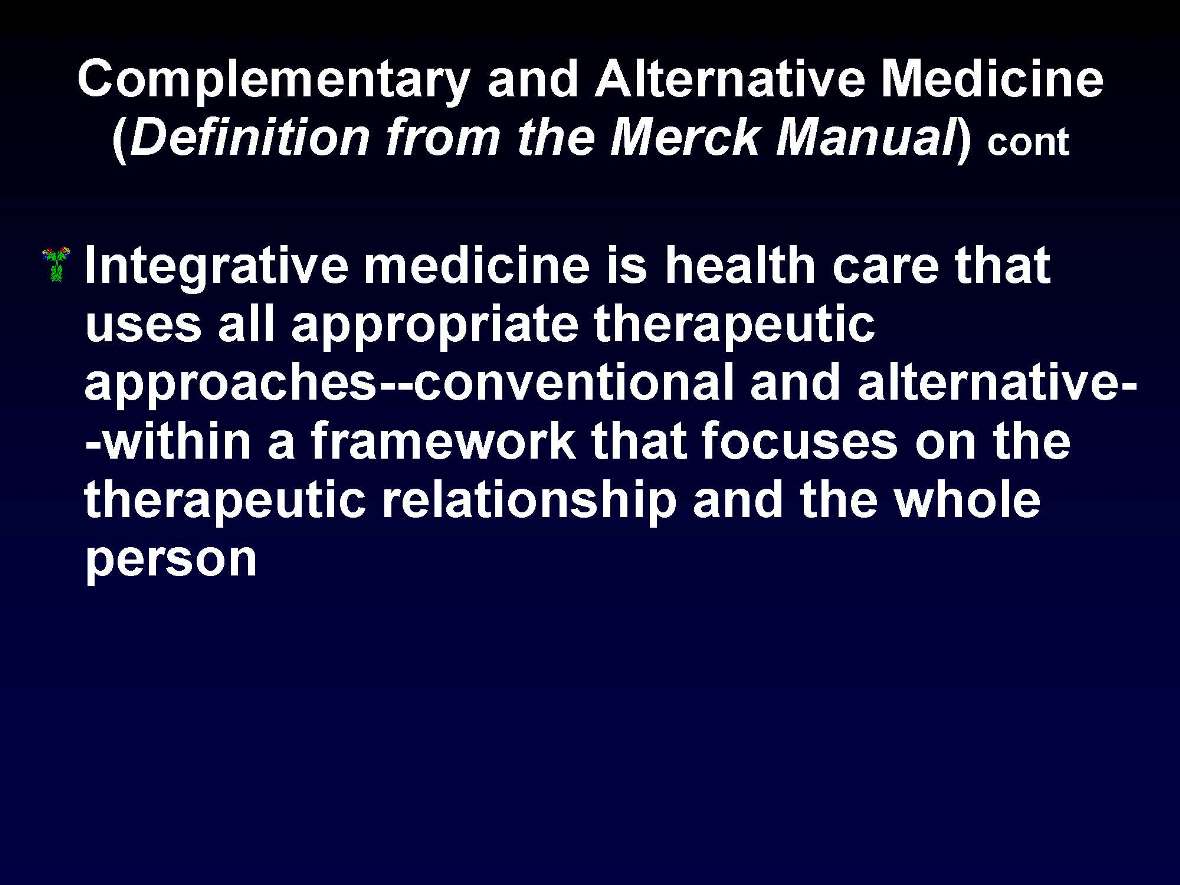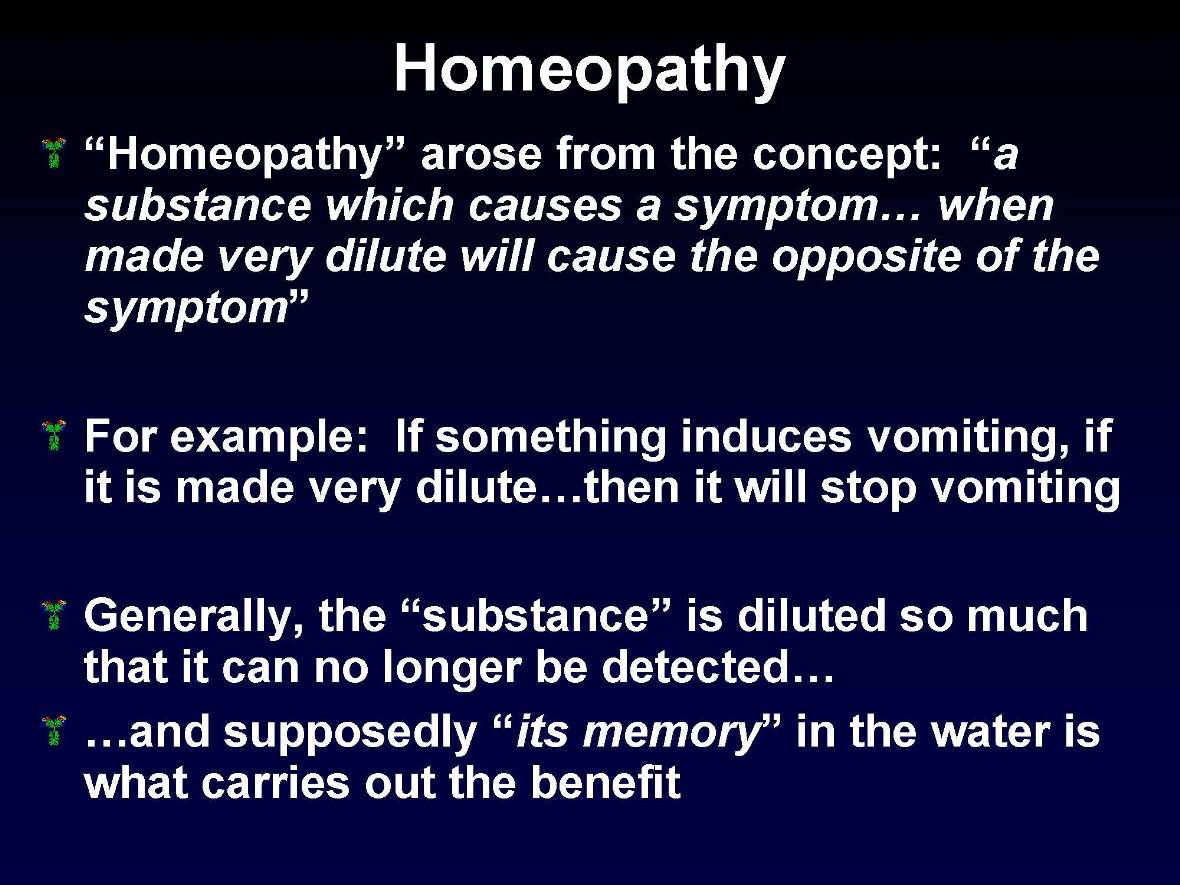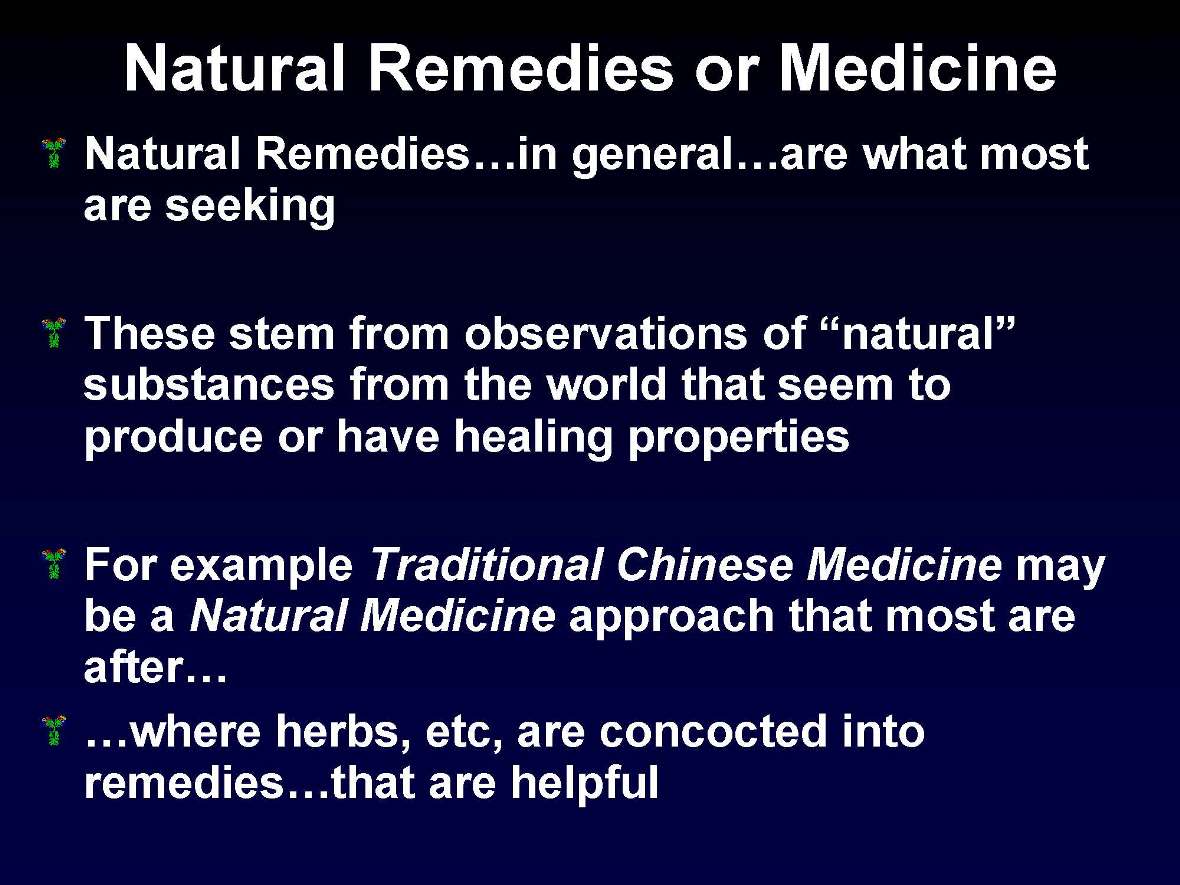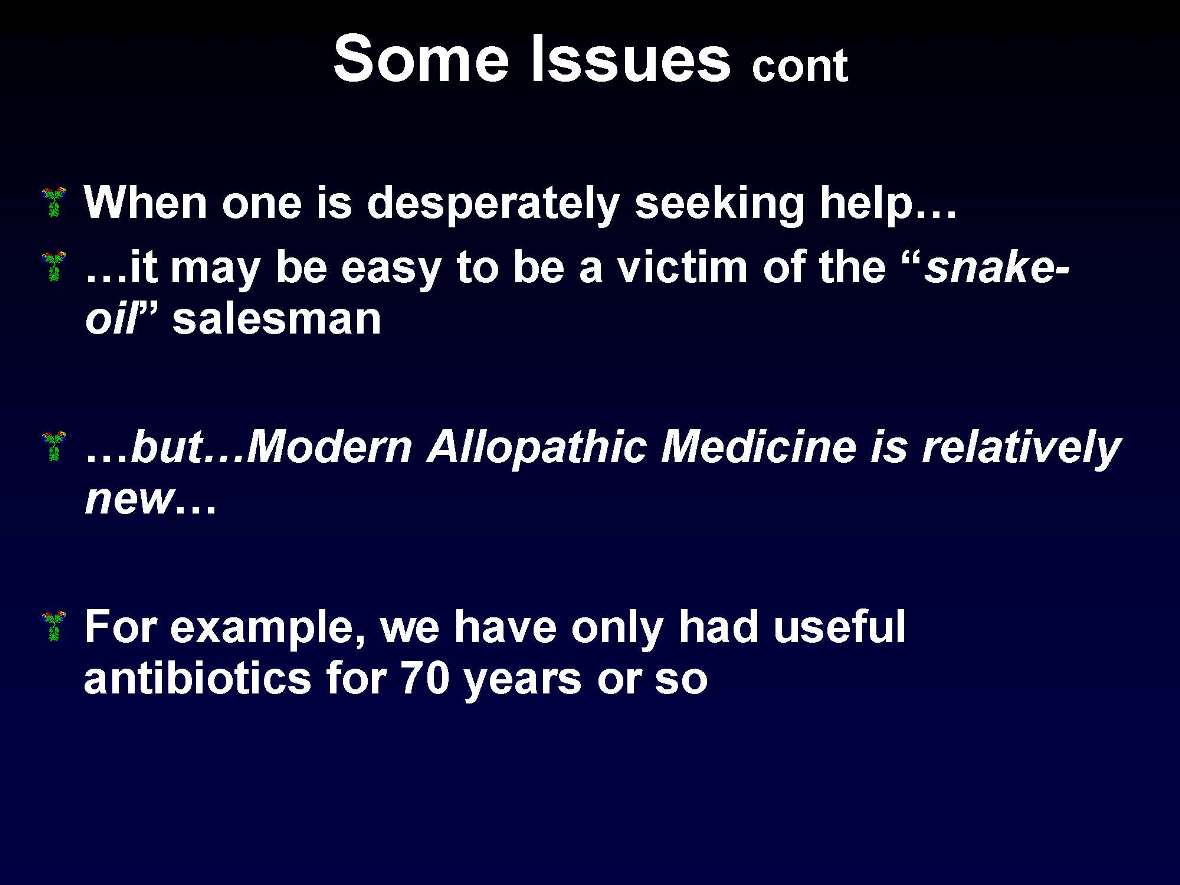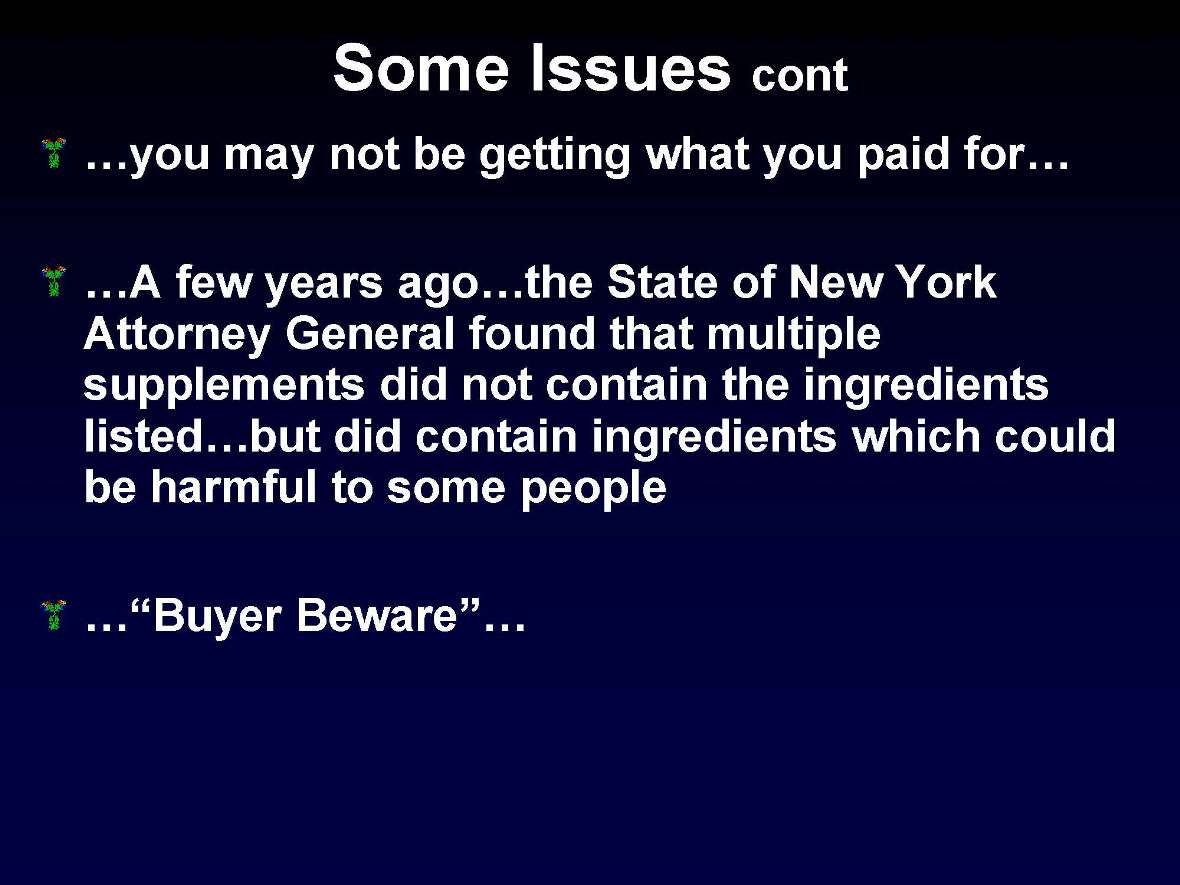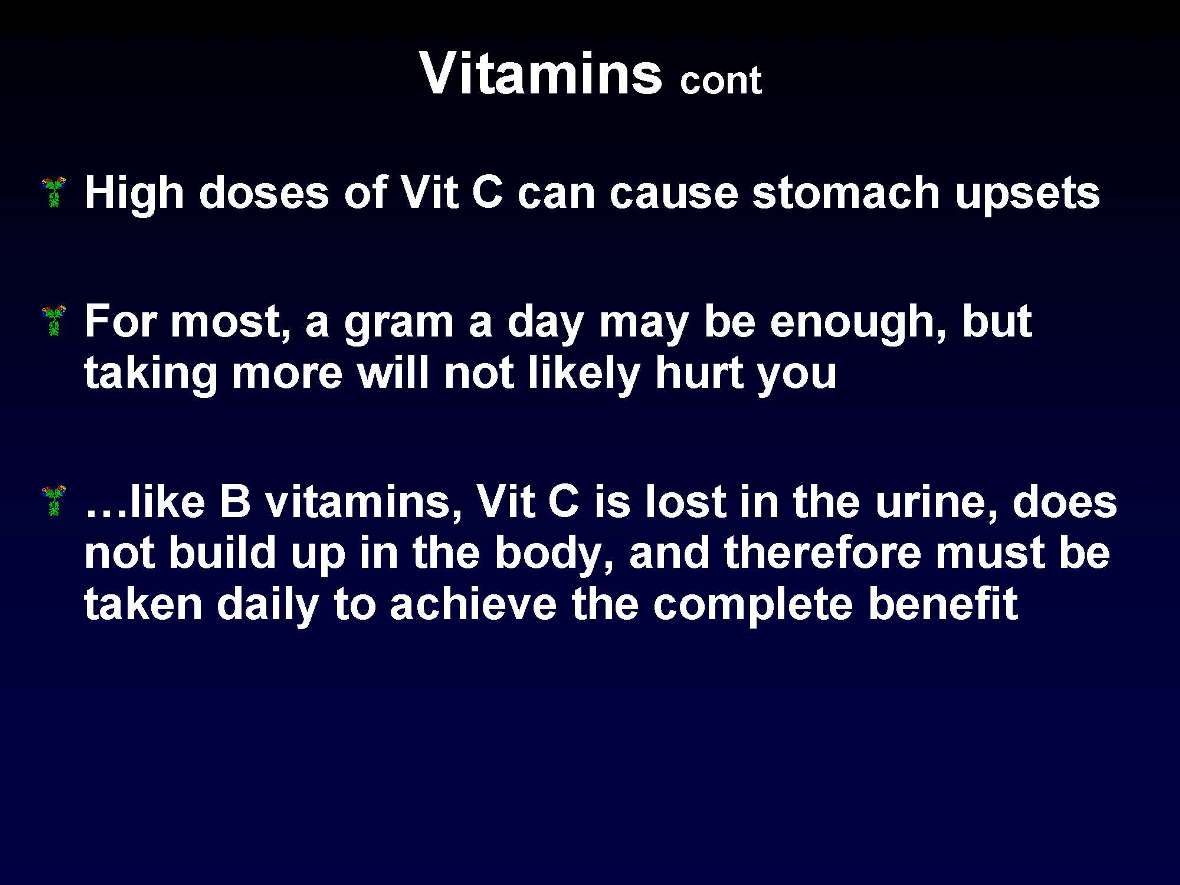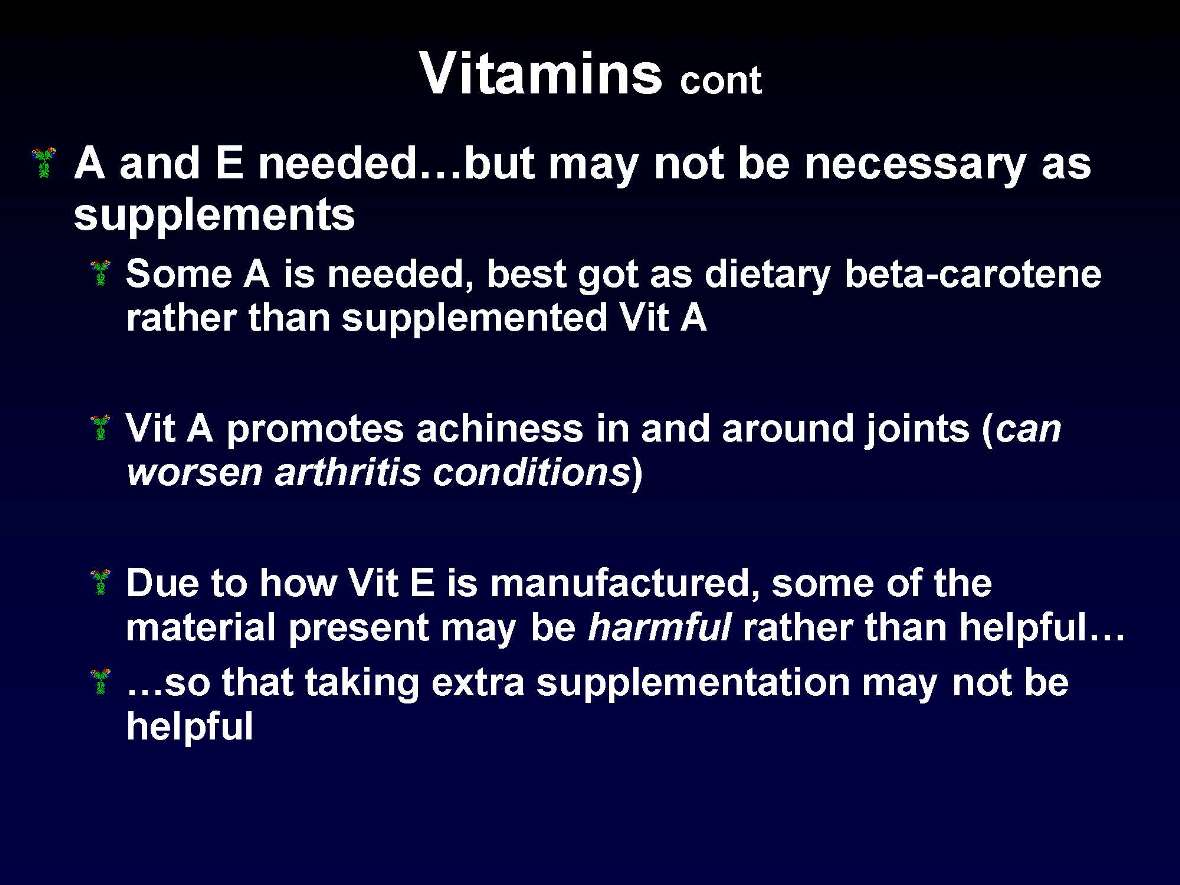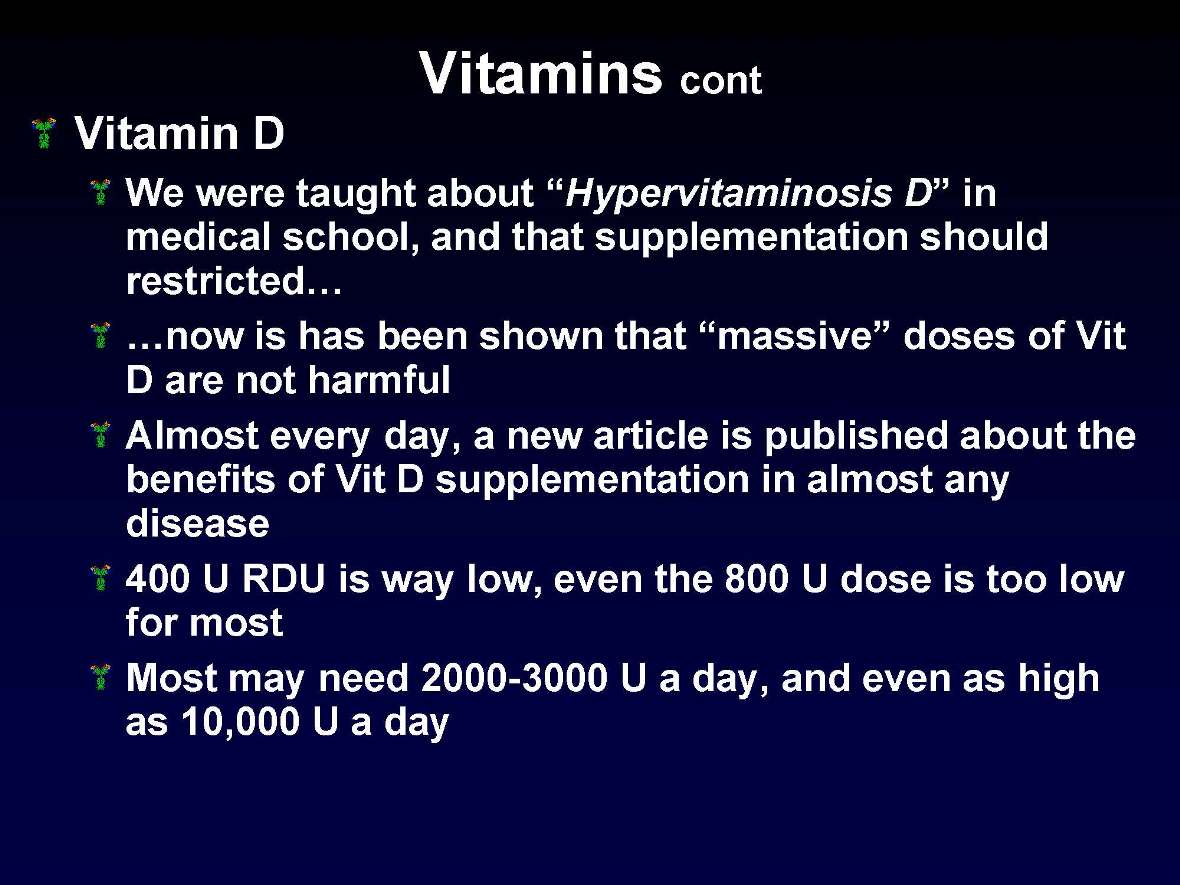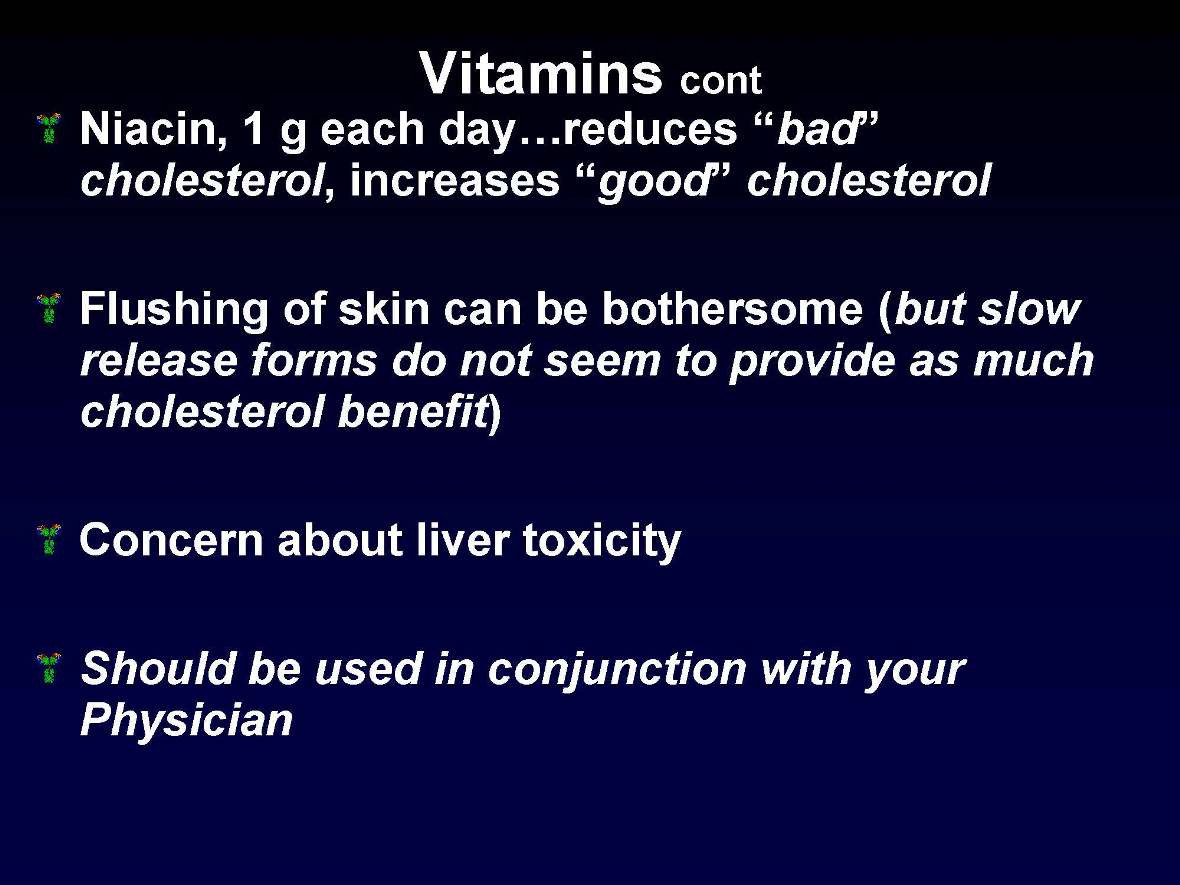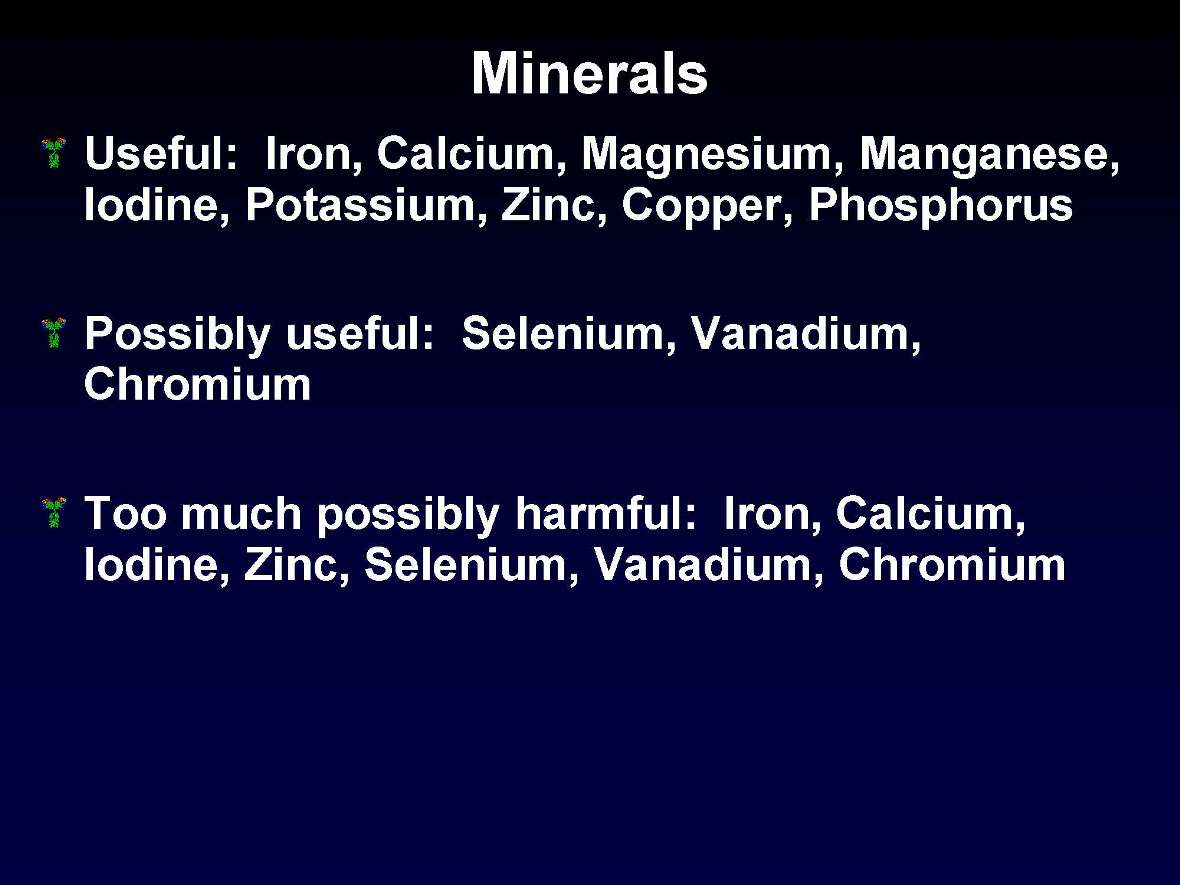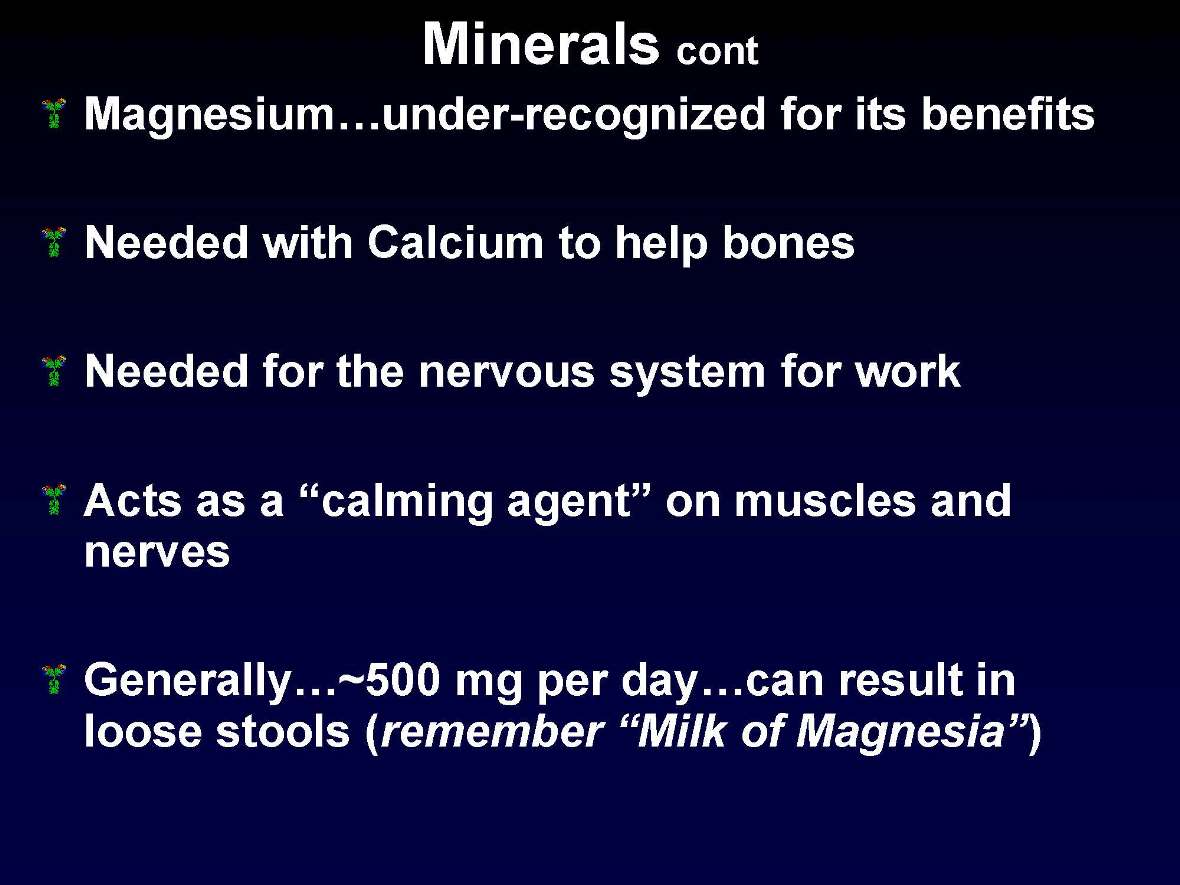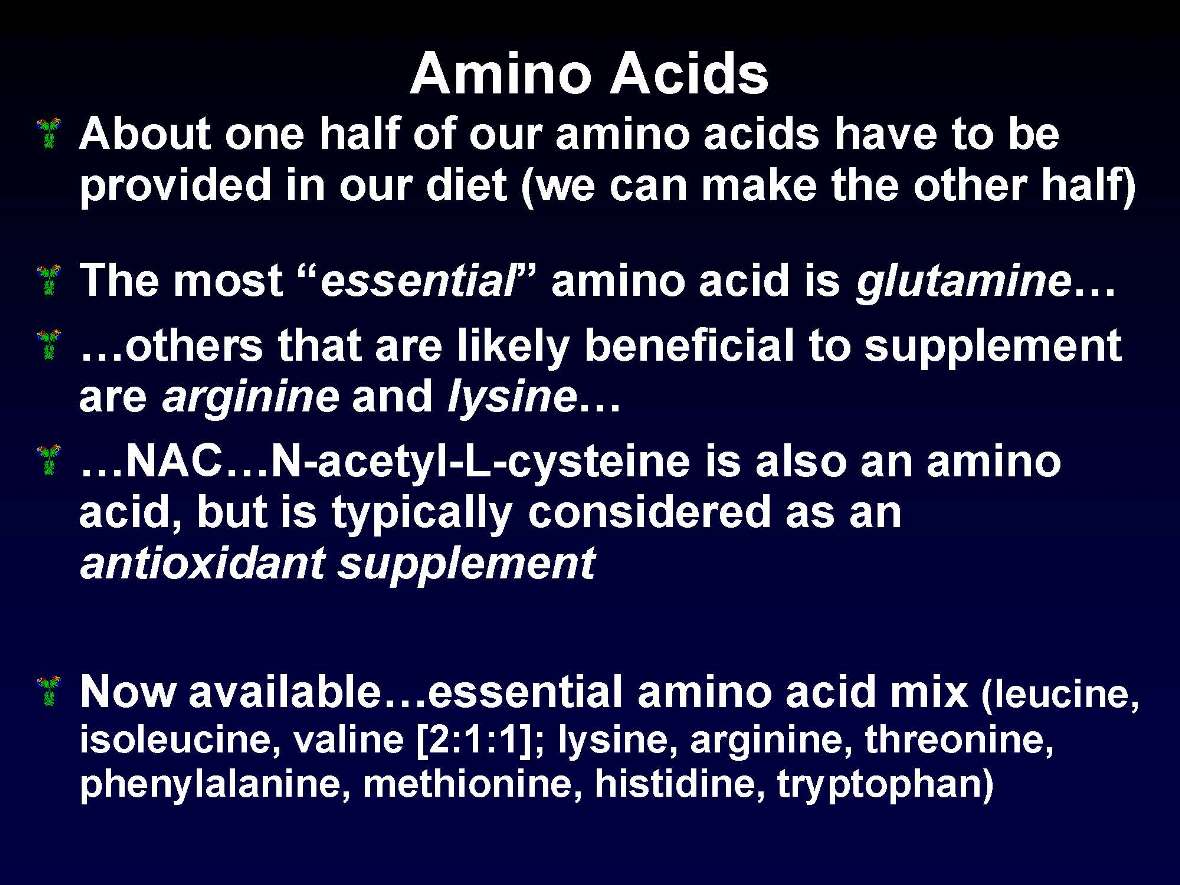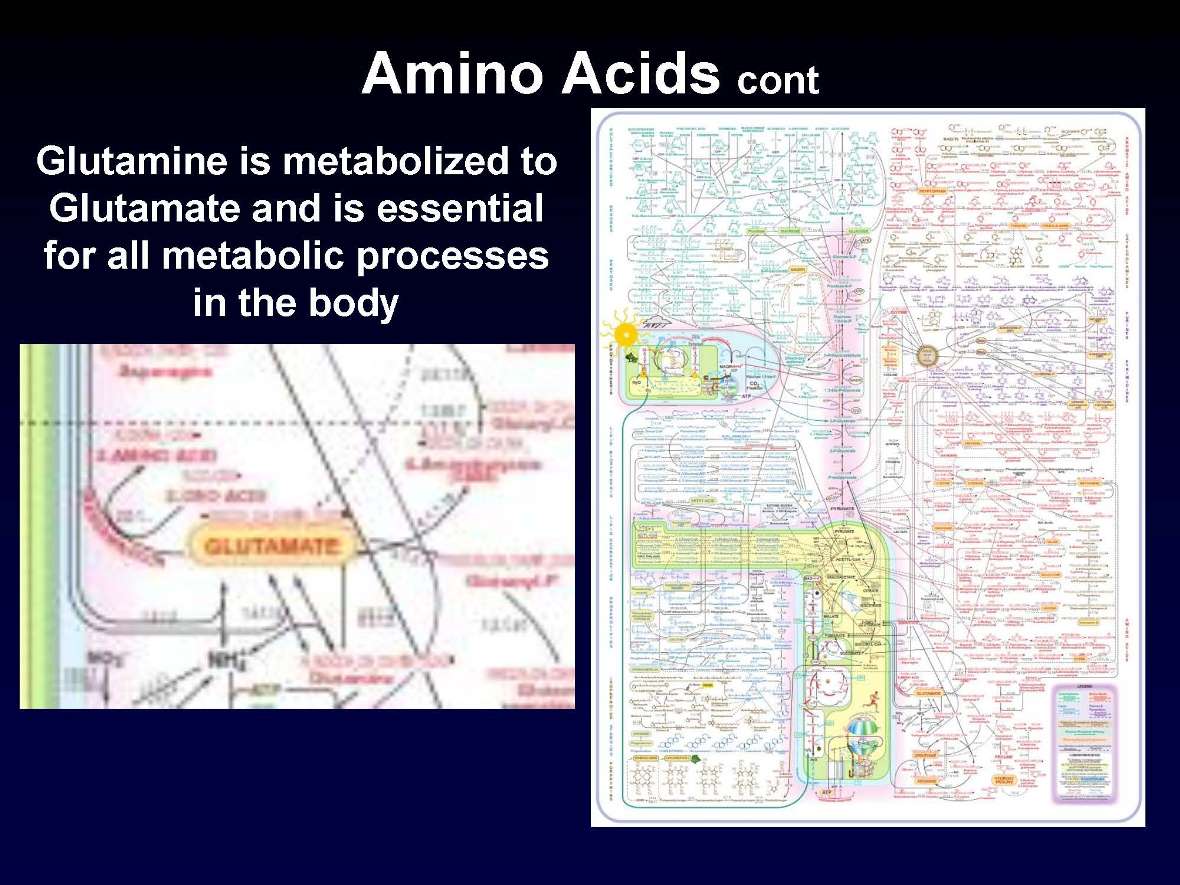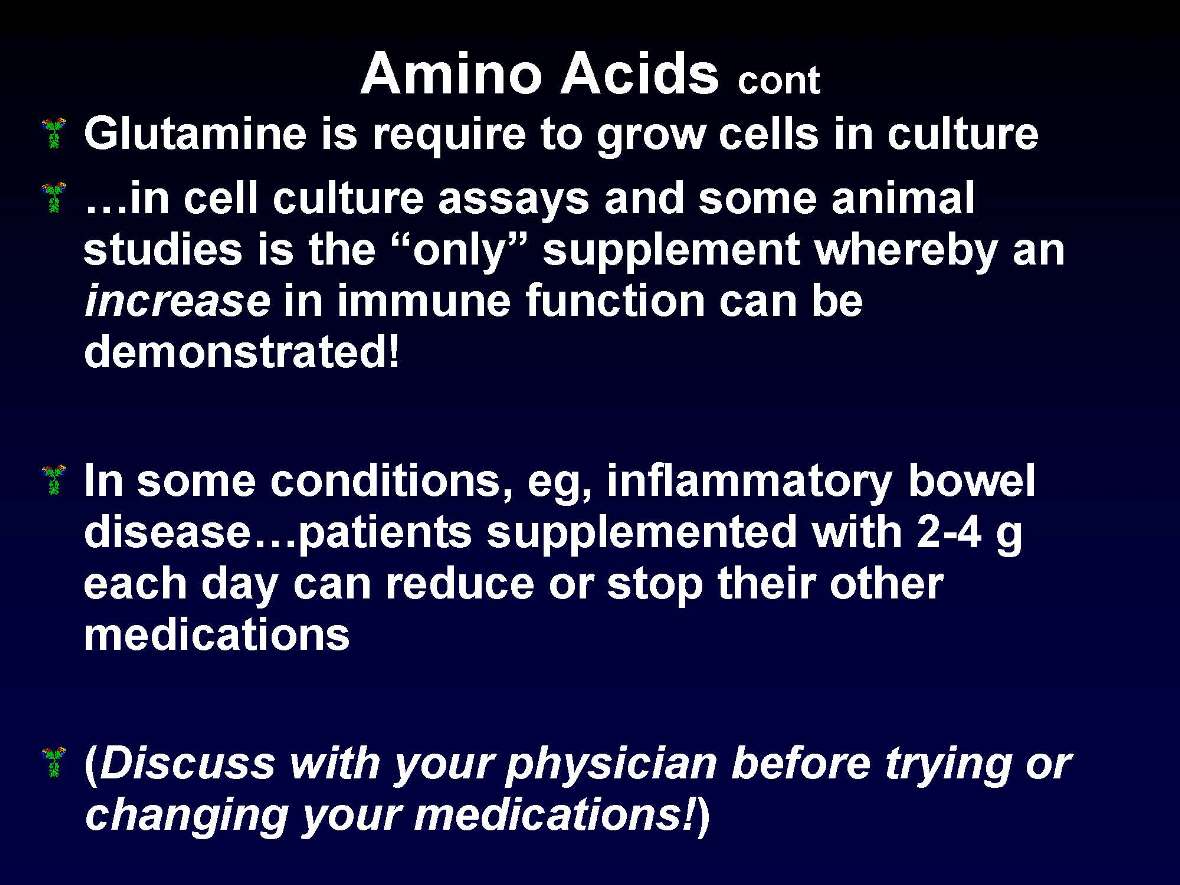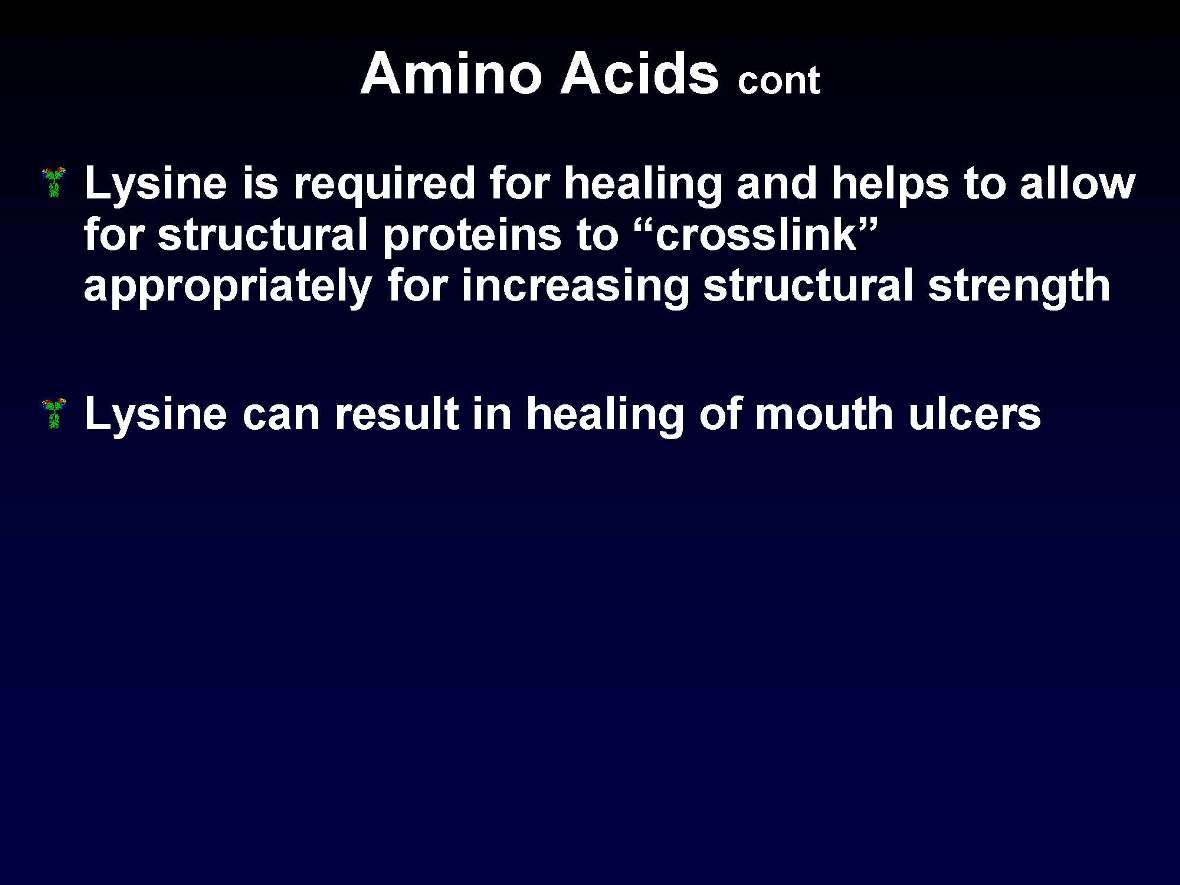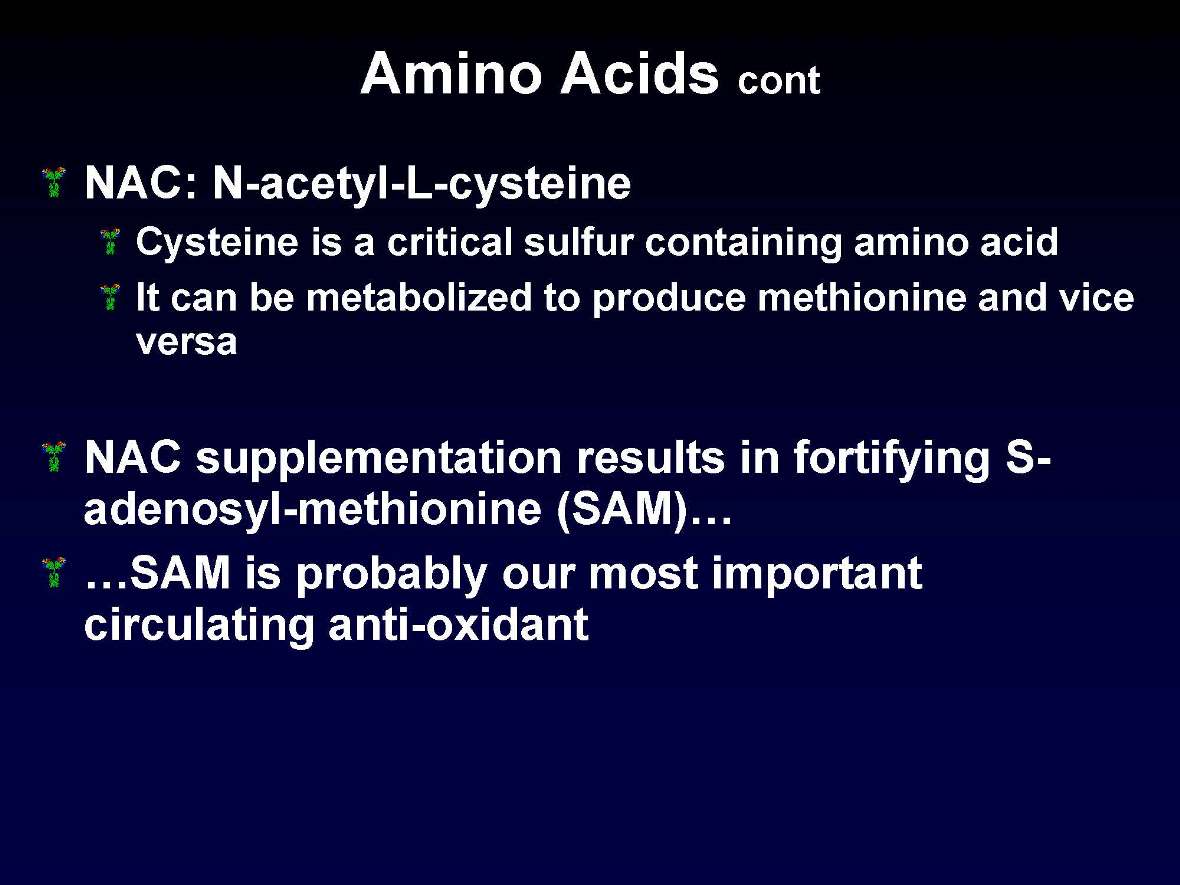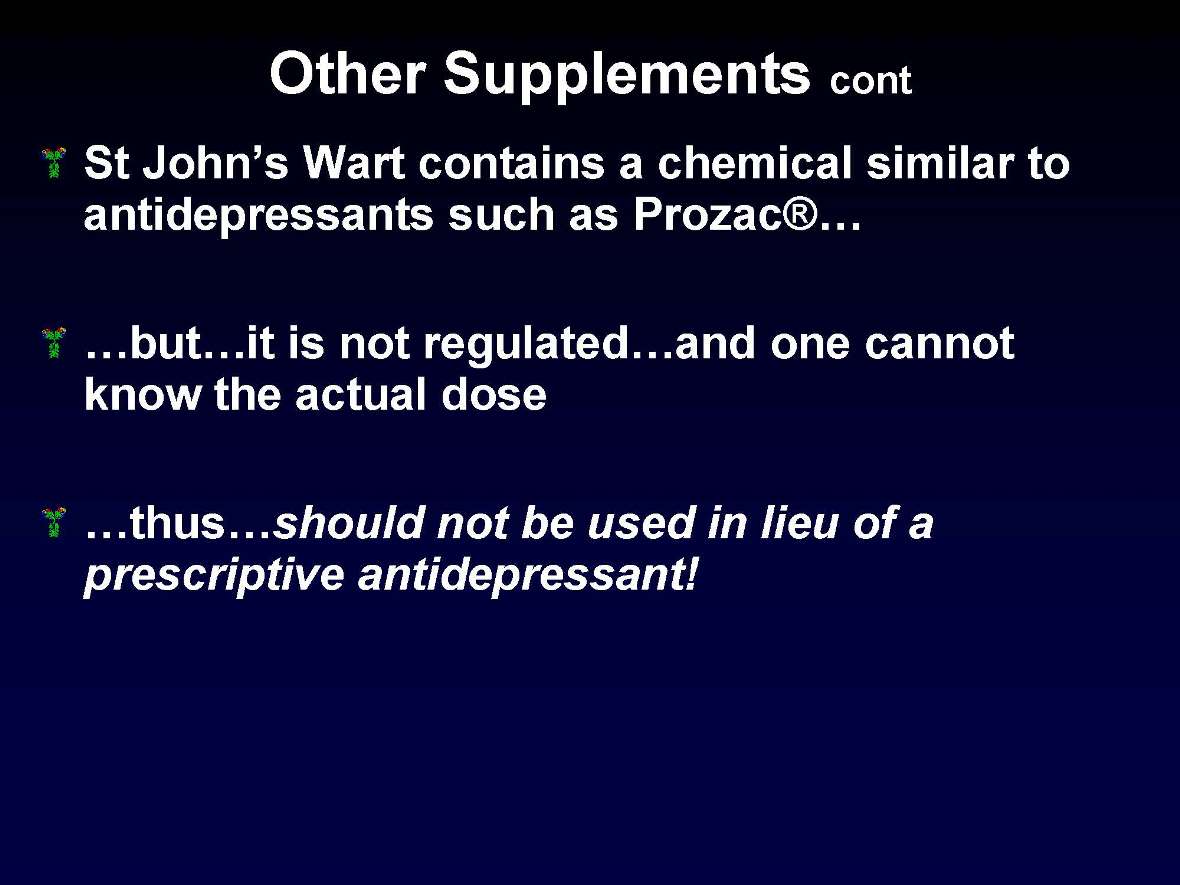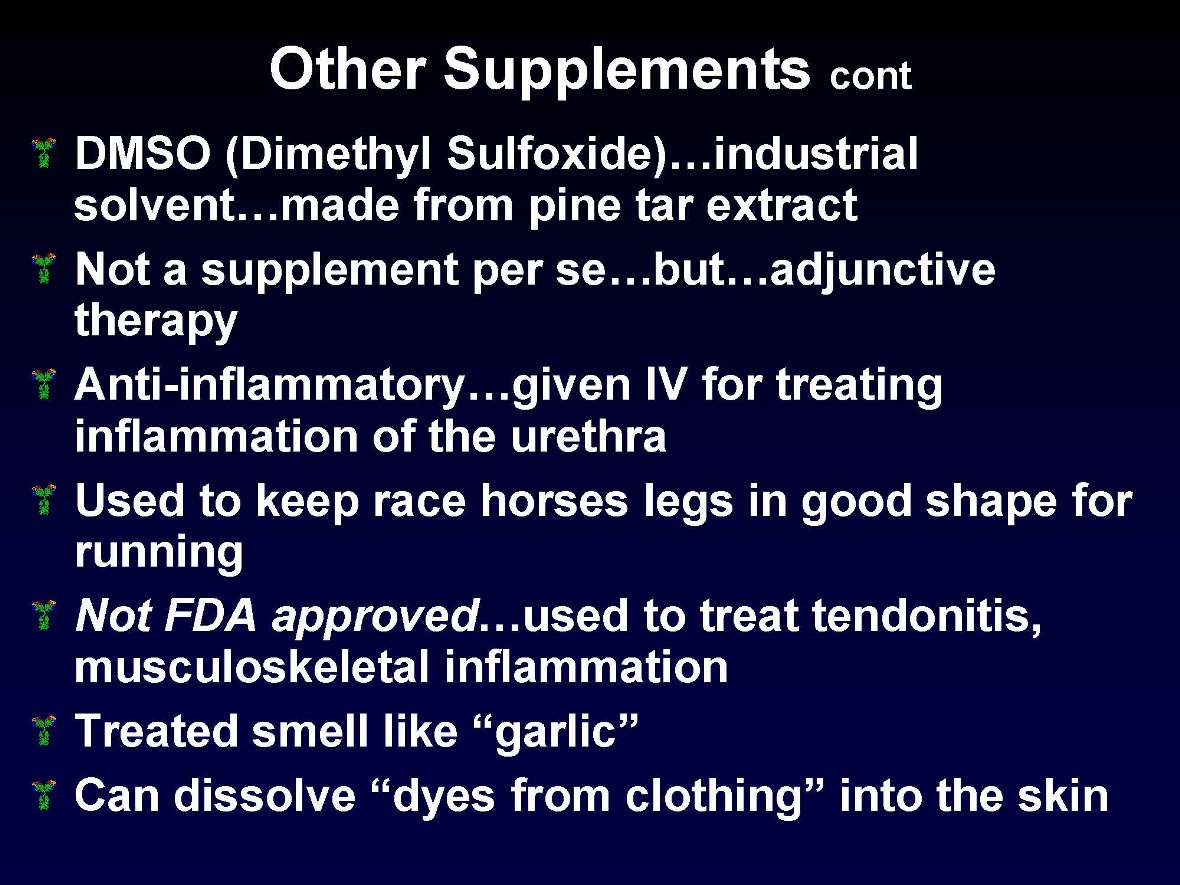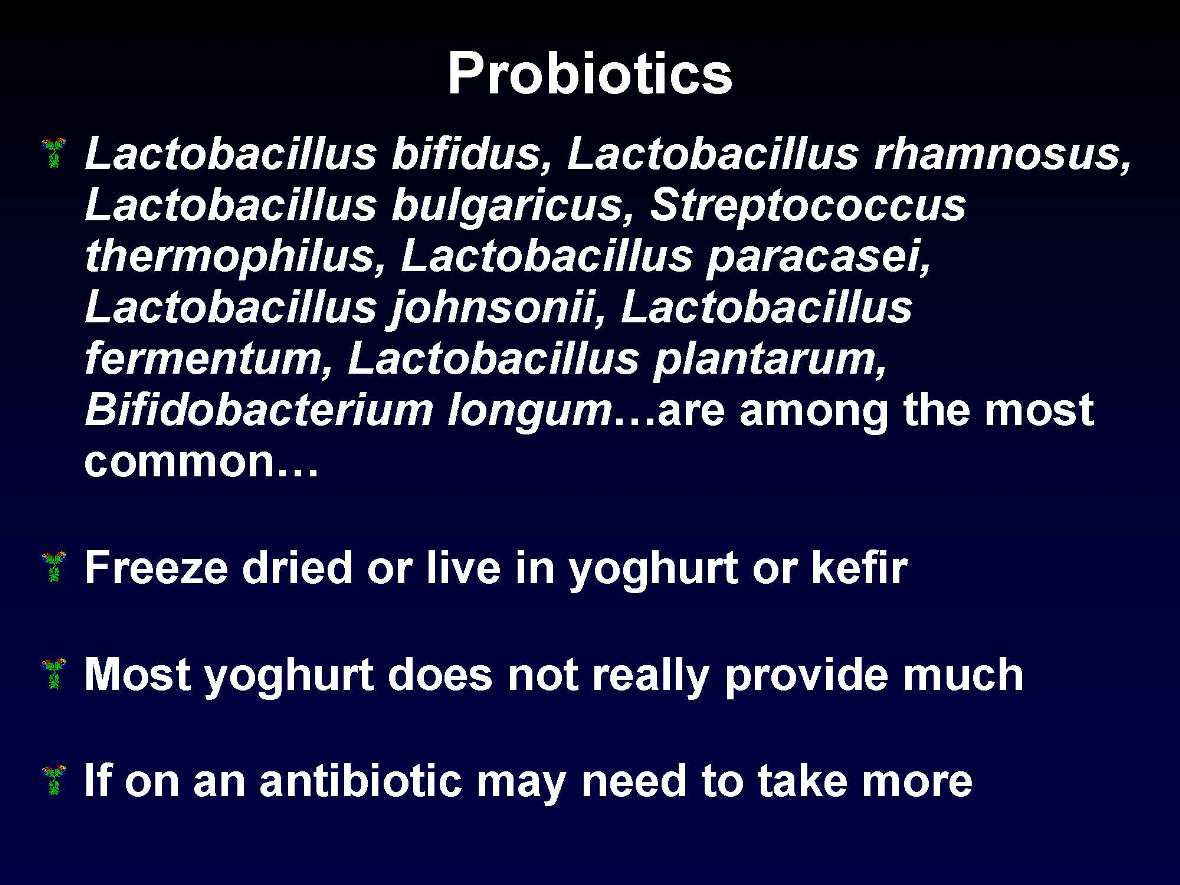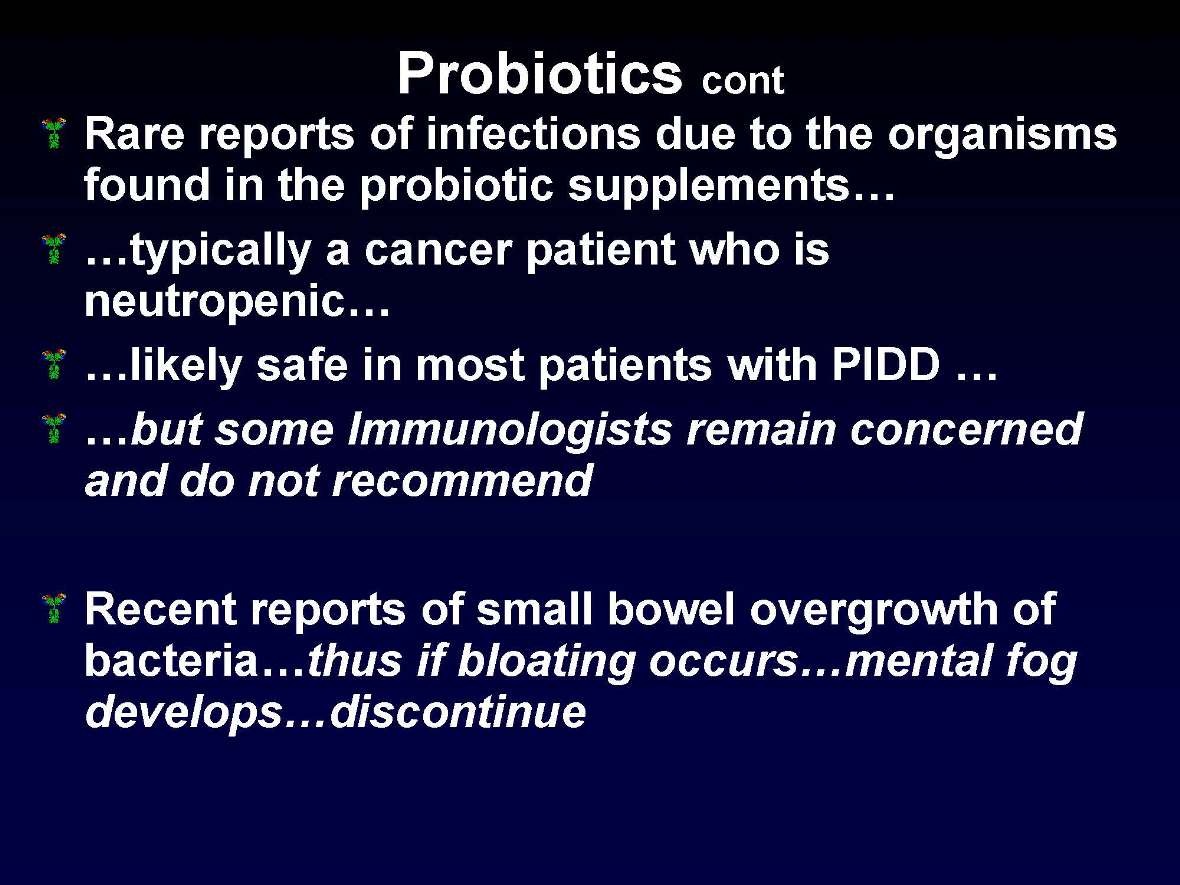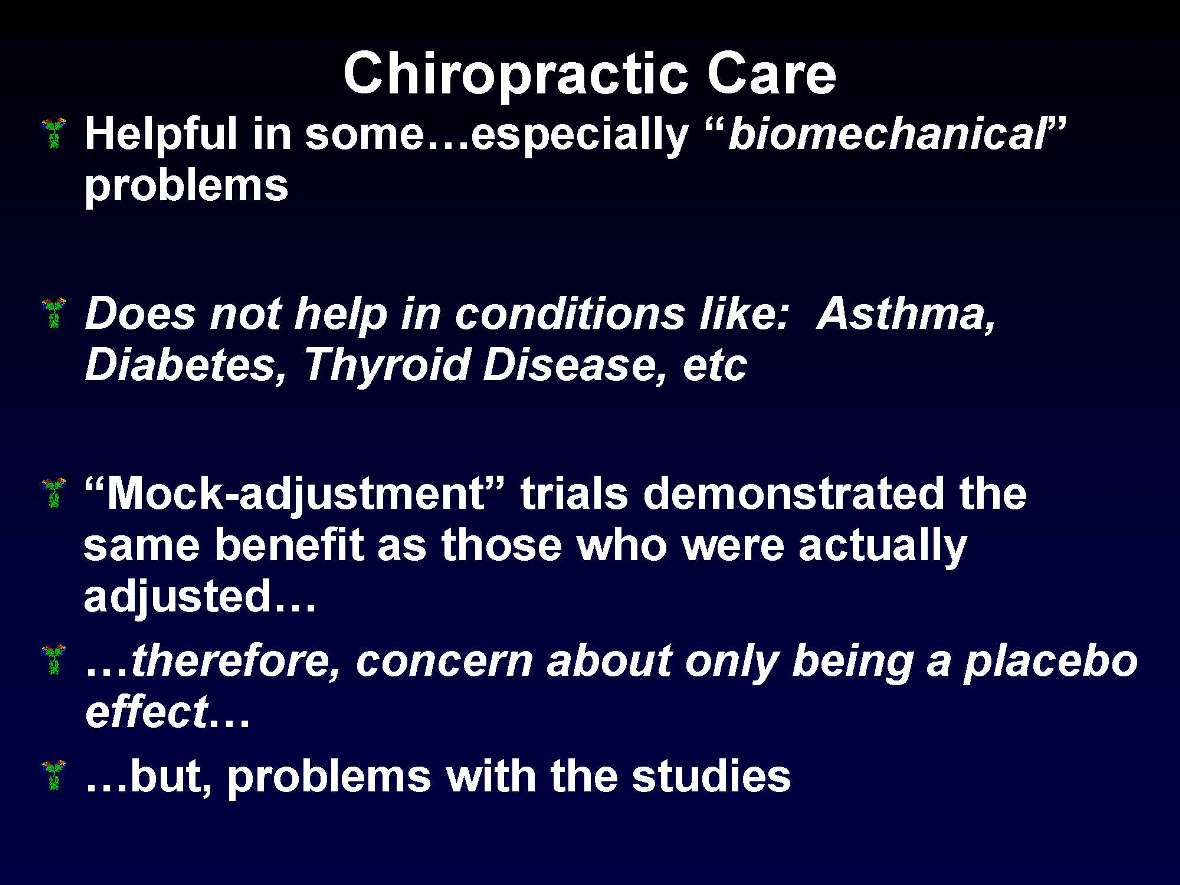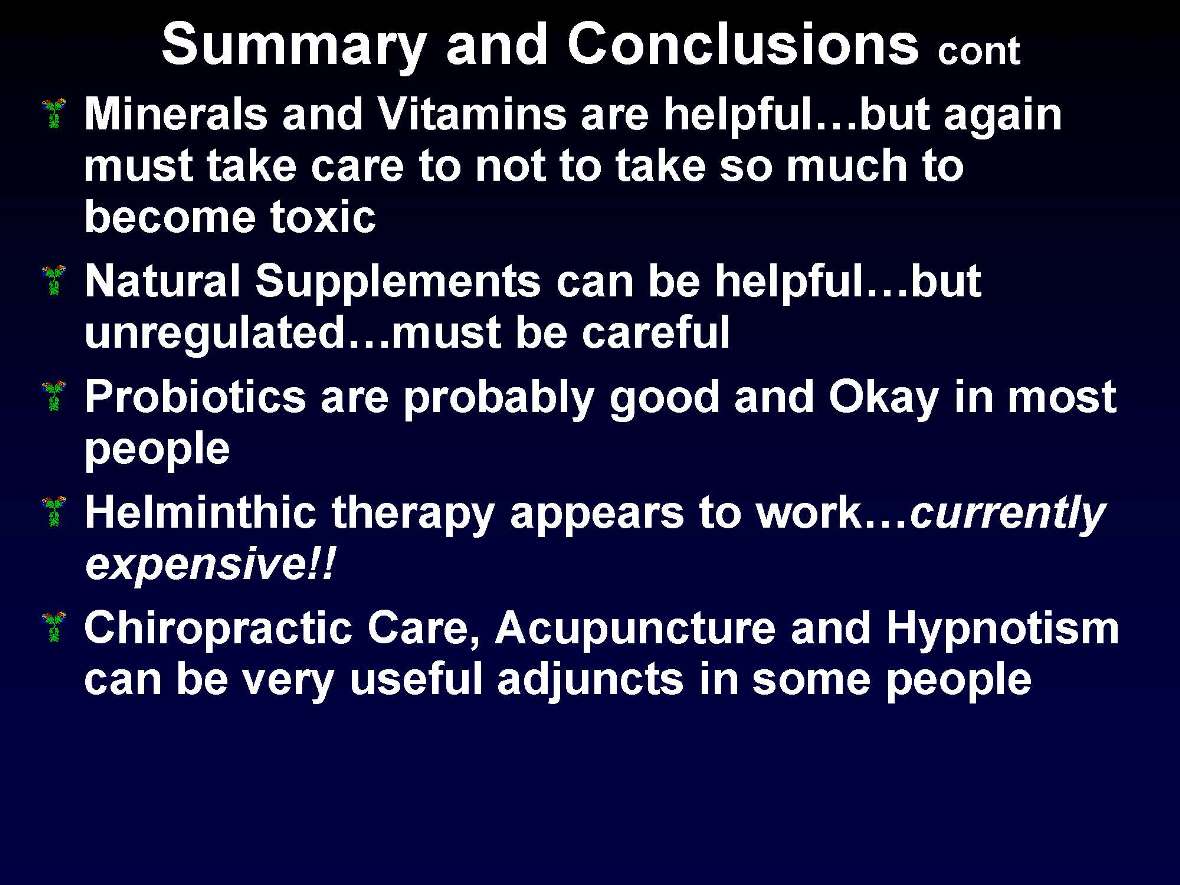Proper Nutrition for Immune Deficiency Patients
October 25, 2018
Guest Speaker: Terry O. Harville, MD, PhD, medical director of the Special Immunology Laboratory at the University of Arkansas for Medical Sciences and a consultant for immunodeficiencies, autoimmunities and transplantation
[Following is an edited version of Dr. Harville's presentation. This information is supplemented by slides created by Dr. Harville for presentations he gives on this subject.]
I am a pediatric immunologist and rheumatologist, and I help manage patients with complex immune and autoimmune disorders. In addition, I am a transplantor, primarily doing bone marrow transplants in patients. While I am not a nutritionist, this is information I have gathered over the years to help patients.
I'd like to start with a story about a patient I saw many years ago who had a nonhealing abdomen wound. I was asked by other treating physicians who had been following this 15-year-old common variable immune deficiency (CVID) patient about a wound in his lower abdomen that was present for three or four years and would not heal. He had been treated with oral and IV antibiotics every day, vinegar and acidic washes, topical antibiotics and even hyperbaric oxygen. Yet, it remained an active, oozing wound. He was being treated with intravenous immune globulin for CVID, and his trough values were good at that time.
He was motivated for the wound to heal because he liked a girl who didn't want to be close with him because of its smell, and she was afraid of touching his abdomen. His mother asked if there was anything alternative to treat him with. I reviewed his lab tests, and I noticed his iron and albumin levels were very, which suggested he had poor nutrition. So, I asked him what he was eating, and I found out he drank a six-pack of diet Pepsi and a bag of Doritos every day. Therefore, it was clear he wasn't getting the nutrition he needed, which I believed is what kept his wound from healing.
I told him we needed to get calories in him, and I prescribed 7,000 calories of Ensure Plus a day, but he wouldn't drink it. I suggested an NG (nasogastric) tube during the night, which he thought sounded cool. So, during the night, 20 cans of Ensure (each about 350 calories) dripped through the tube at 2-1/2 cans per hour into his stomach. And, within eight weeks, his wound healed. In addition, all of his labs improved indicating malnutrition led to the problem. I also put him on supplemental iron and vitamins to give him things he wasn't getting dietary wise.
I use this story to illustrate that nutrition is very important, and sometimes individuals perceive the immune system is the problem when it's actually malnutrition or inadequate amounts of vitamins.
I was provided presubmitted questions for this teleconference, many of which were similar. So I divided them into categories.
Vitamins
Vitamins B and C and folic acid are the most relevant vitamins. B vitamins are not toxic because they don't build up in they body and they are lost in the urine, so they have to be taken daily. Vitamin B12 is a bit different because it isn't absorbed as well. Instead, B12 needs to be given by injection. If taking B12, it's also necessary to take folic acid to get the full benefit.
There is a lot of controversy about vitamin C. It doesn't protect people from getting infections, but it does help to deal with some infections. We're primarily talking about viral infections and colds. Linus Pauling, a physical chemist, took 10 to 12 grams of vitamin C a day and claimed it protected him against colds. He was a smart many who won two Nobel prizes. But, studies have been conducted that did not find benefit.
Vitamin C is good for the skin and to heal vessels and tissue. Individuals who are having problems with healing sometimes need extra vitamin C to help wounds heal. One of the problems with vitamin C is that when taken in higher doses, it can upset your stomach. For most people, taking a gram or so a day will not be too much of a problem. However, for individuals who take a lot of vitamin C daily, it can result in kidney stones, especially if they're not drinking enough water.
Vitamins A and E are needed, but there may not be a need to supplement these. Indeed, vitamin A can cause arthritis problems to worsen. So, it's better to consume vitamin A through diet and let the body convert it to what's needed. This means eating carrots or other red and orange vegetables. Vitamin E is typically manufactured in a manner in which parts of the supplement may be harmful. So, in general, I don't suggest individual take extra vitamins A and E in pill form.
Vitamin D is very critical and controversial. We know we need vitamin D to get calcium for our bones. But, it was thought that taking too much vitamin D could cause toxicity in the liver. In turns out that's not true. The reason it was thought that was because it was given in other forms such as in cod liver oil, and this was what was harming the individual. True vitamin D doesn't appear to be very toxic at all. The recommended daily allowance of vitamin D by the U.S. Food and Drug Administration is 400 units, but we recognize this as way too low. And, even 800 units may be too low in a lot of individuals. In fact, it may be necessary to supplement vitamin D in amounts of 2,000 to 3,000 units a day or even 10,000 units a day to get the full benefits.
What's interesting about vitamin D is that T lymphocytes that are part of the immune system have vitamin D receptors, and it's unclear why they would need these since they are not involved in calcium metabolism. But, what that is telling us is vitamin D also plays a role in regulating immunity. Therefore, individuals with immune disorders could derive quite a bit of benefit from vitamin D supplements.
Taking vitamin D by itself isn't as helpful. Instead, it needs to be taken with calcium and magnesium, which are minerals. In short, to get the full benefit of vitamin D, individuals have to take higher than the recommended daily units on most packages, and it has to be combined with calcium and magnesium.
Another vitamin that could be helpful is niacin. One gram of niacin a day can cause reduction in bad cholesterol and enhance good cholesterol. One of the problems with niacin is it causes relaxation of blood vessels, so within a few minutes of taking it, many people start blushing and may even feel a little itchy or redness on the skin. But, that's only temporary. There is also concern about taking too much niacin, so that is something that should be discussed with a physician.
Minerals
Many minerals should be obtained through diet, but some people may not be getting enough of them.
Useful minerals include iron, calcium, magnesium, manganese, iodine, potassium, zinc, copper and phosphorous. Some that also provide some benefit include selenium, vanadium and chromium. However, some of these can be harmful if too much are present. Once again, if taking these, a nutrition or physician should be consulted to provide guidance.
In general, a good balanced diet provides the minerals needed. But, many people who are not eating well may not be getting a balanced diet. Sometimes, lab tests can be useful to determine whether there are minerals that are lacking.
There were issues reported recently about too much calcium in elderly women, resulting in heart attacks or dementia. But, some of those studies have now been refuted. Bone demineralization and osteoporosis can be much more devastating to individuals who already have immune abnormalities, so taking extra calcium may be worth the extra risks that have not yet been well-defined at this point.
Zinc is absolutely required for healing wounds. The reason dogs lick their wounds is because their saliva contains zinc. Zinc going into the wound activates specific enzymes that heal wounds.
Magnesium can be very useful for people with immune issues because it can help calm nerves and make muscles less achy. One thing to remember, though, is the amount required to be useful is about 500 mg. And, taking too much can cause loose stools.
Proteins
Proteins can be obtained in the normal diet from a variety of food sources. But, many of us don't have the correct balanced diet we need. So, we can actually supplement these essential amino acids.
There are about 20 amino acids that our bodies utilize, but about half of these we cannot make in our bodies. The ones we can't make are called essential amino acids, the most essential of which is glutamine.
Glutamine is in the center of all our metabolic processes. Glutamine is used directly by the muscles, brain and heart as an energy source and to resupplement the metabolic processes in these organs. Taking 2 to 4 grams of glutamine per day is shown to greatly improve symptoms of disorders such as inflammatory bowel disease. Besides feeding our bodies, glutamine feeds the bacteria in our gastrointestinal (GI) tract and feeds the cells that line the GI tract so they all perform better. What's interesting is that to raise cells in culture, glutamine has to be added or the cells will not survive. So, it tells us glutamine is essential for cells to survive.
Arginine is another essential amino acid metabolized to nitric oxide that helps cause a reduction in blood pressure and increase blood flow to the brain and lungs. Nitric oxide is what would occur from taking nitroglycerine to help dilate blood vessels.
Lysine, another amino acid, causes structural proteins in our body to cross-link to keep joints, connective tissue and blood vessels strong. So, people whose skin bruises easily because the integrity of the collagen may not be as strong as it should can take additional lysine to help fortify that collagen.
There are also essential amino acids you can buy in mixes in health food stores.
A typical adult needs about 56 grams of protein a day. So, for example, if you were taking 4 grams of glutamine, 2 grams of arginine, 1 gram of lysine and 1 gram of L-cysteine, only about 48 grams of protein would be needed from other sources.
Individuals need to be careful not too take too much protein. This is especially true for individuals with underlying kidney disease who need to work with a nutritionist or physician to make sure they're not overtaxing their kidneys with the supplemental amino acids.
There are charts that can help with how many amino acids are in food so you can ensure not to oversupplement.
Anti-Inflammation
A number of supplements can help with inflammation. The major source of anti-inflammation is omega-3 fatty acids. Omega-3 fatty acids can be found in plants, algae and cold-water fish such as salmon. These can be ingested through diet, but in general, the amount eaten through diet is well below the amount found to be beneficial in clinical studies. For example, for patients with rheumatoid arthritis or osteoarthritis, taking 5 grams of omega-3 fatty acids a day has been shown to reduce the amount of omega-3 fatty acids needed by half. In addition, a study showed that taking 30 grams of omega-3 fatty acids a day (a huge amount) helped people with bipolar disorders and other psychoses to reduce the amount of medications required to control their disease.
While some studies have shown omega-3 fatty acids to not be beneficial for the heart, more recent studies have shown they are. In a recent study, taking 2 grams a day of omega-3 fatty acids that have less than 60 percent EPA have proved very useful in reducing anxiety in individuals so they don't have to take other medications.
A normal adult needs 70 grams of fat, so individuals taking omega-3s need to reduce the amount of fat from other dietary sources to prevent taking in too much fat in a day.
Probiotics and the Microbiome
One of the dilemmas about the microbiome is we don't know what is normal in humans. When I talk about microbiome, I'm talking about bacteria, fungal organisms and the microorganisms that live in our GI tract. If you count the number of microorganisms in the GI tract and on the skin, they outnumber us. So, essentially, humans are a colony of organisms.
We know the immune system interfaces with the microbiome and that the immune system has to work appropriately at the GI border so we don't have so much inflammation present. If the immune system gets overactive and starts fighting the microbiome, that's when inflammatory bowel syndrome occurs. So, there has to remain a tolerization in the microbiome so the immune system behaves appropriately. If the correct microbiome elements feed into the immune system, it will maintain the correct tolerization that then helps reduce issues associated with inflammatory disease.
One way we help establish the correct tolerization is with probiotics. Probiotics can be obtained in dietary sources such as yogurt or Kefir. However, yogurt generally does not give you enough probiotics to be of benefit. Kefir, on the other hand, may provide a sufficient amount. It was found many years ago that milk would spoil readily so it would need to be converted into cheese or yogurt. Kefir is such a product; it's a partially fermented milk that contains a number of probiotic organisms.
If someone is on an antibiotic, they need to be taking more probiotics than average to keep the amount of good microbiome organisms in place in the body.
One thing to keep in mind with probiotics is there have been rare cases in which they have caused infections. But, most people in whom this occurs are those on cancer chemotherapy that cause neutrophils to be very low and allow nonharmful organisms to invade the body and cause problems.
Since the upper part of the intestines don't usually have microorganisms present, and since we take probiotics in capsule form or through Kefir, many organisms don't survive in the stomach. However, those that do survive have to pass through the small intestine to get to the large intestine to carry out their function. So, in some individuals, some of the organisms will stay too long in the small intestine and can cause problems. When the small intestines have bacteria present, it is called bacterial overgrowth.
Occasionally, people have problems such as bloating when taking probiotics. If bloating occurs or if an individual feels like he or she is in a mental fog, that could mean probiotic organisms are living in the small intestines and creating problems, which means probiotics should be discontinued.
Gluten
Celiac disease (gluten hypersensitivity) occurs in about one out of 100 people. Yet, individuals who have inherited very specific components involved in immune activation have about a one in 10 chance of developing celiac disease. So, that tells us celiac is a very complicated process and there are environmental factors that cause it.
Gluten-free diets are very popular, and many people who don't have celiac disease follow them. Many will swear by them. In some cases, this is because their diet has become much more regulated and they may lose weight. But, these effects are not due to avoiding gluten.
One of the dilemmas with gluten-free diets is many items used in lieu of gluten contain excess amounts of arsenic. So, individuals can actually be poisoning themselves if they are following a very strict gluten-free diet. We prescribe gluten-free diets for individuals if they test positive for genetic risk factors and for factors that indicate the immune system is causing gluten hypersensitivity. For individuals who do not have that, I do not suggest going on a gluten-free diet.
Foods to Avoid
This is a hard topic because there are many fads. For instance, many people avoid tomatoes because they contain lectins. But, tomatoes are a very good source of antioxidants.
The best thing to do is to avoid red meats and any processed foods, especially processed red meats. Processed meats contain items that convert into carcinogens in the stomach.
Preservatives
Some of the preservatives in foods are not good. But, there is also some controversy regarding this. For example, butylated hydroxyanisole (BHA) is a common preservative found in food items. Many years ago, I was in a health food store that had a sign up that said to avoid these foods because they contain BHA. But, then, just a shelf over, they were selling BHA as an antioxidant because it's a good antioxidant. So, I asked them: "Why is it bad when it's in certain food items, but it's OK to take in a pill?" And they tried to argue nonsense.
What I'm trying to say is some of the preservatives are not necessarily harmful for us, but some of them are not good to take in large quantities. For instance, when goods contain dyes, these are not helpful for you, and in some cases, yellow dye can cause problems with the way the immune system functions.
So, in general, many preservatives may not be very harmful, but it's best to avoid those that contain dyes to make the food look more presentable.
Fatigue
Fatigue is an interesting issue because it's primarily a consequence of the way the immune system is functioning. When there is an infection going on or when the immune system is trying to deal with an infection, part of the substances that the immune cells secrete are being released to tell us to go lie down, sleep and find a dark quiet place. And, that has to do with long-time evolutionary factors when our immune systems were evolving. At that time, if you were sick with an illness and you went out to eat during that time frame, you were probably going to get caught by something else and get eaten instead. So, our immune system produced those factors that would quell our hunger and make us chilled, light-sensitive and fatigued so we would sleep it off while our immune system healed the infection.
So, the immune system is the reason fatigue is present, and until the things that are driving the immune system to malfunction are taken care of, it can be difficult to alleviate fatigue. Unfortunately, that turns out to be major problem for many individuals. And, diet may not be helpful for that. Obviously, a nutritious diet that supplies the immune system with what it needs to work better is helpful. But, for individuals with fatigue, there may be other things that are also needed. For example, the amount of immune globulin replacement may need to be increased and antibiotics may need to be prescribed to help control infections. And, many individuals may require other medications to help. Individuals whose mental fog and fatigue are too severe are prescribed medications like Adderall or Ritalin.
Following are slides from Dr. Harville's nutrition presentations:

